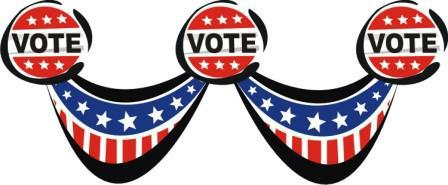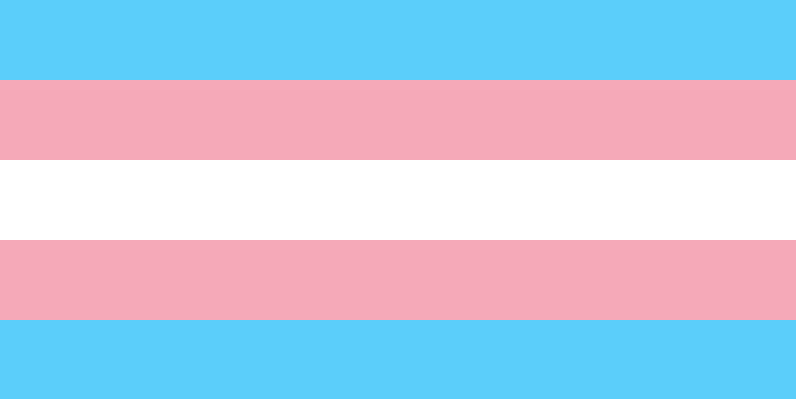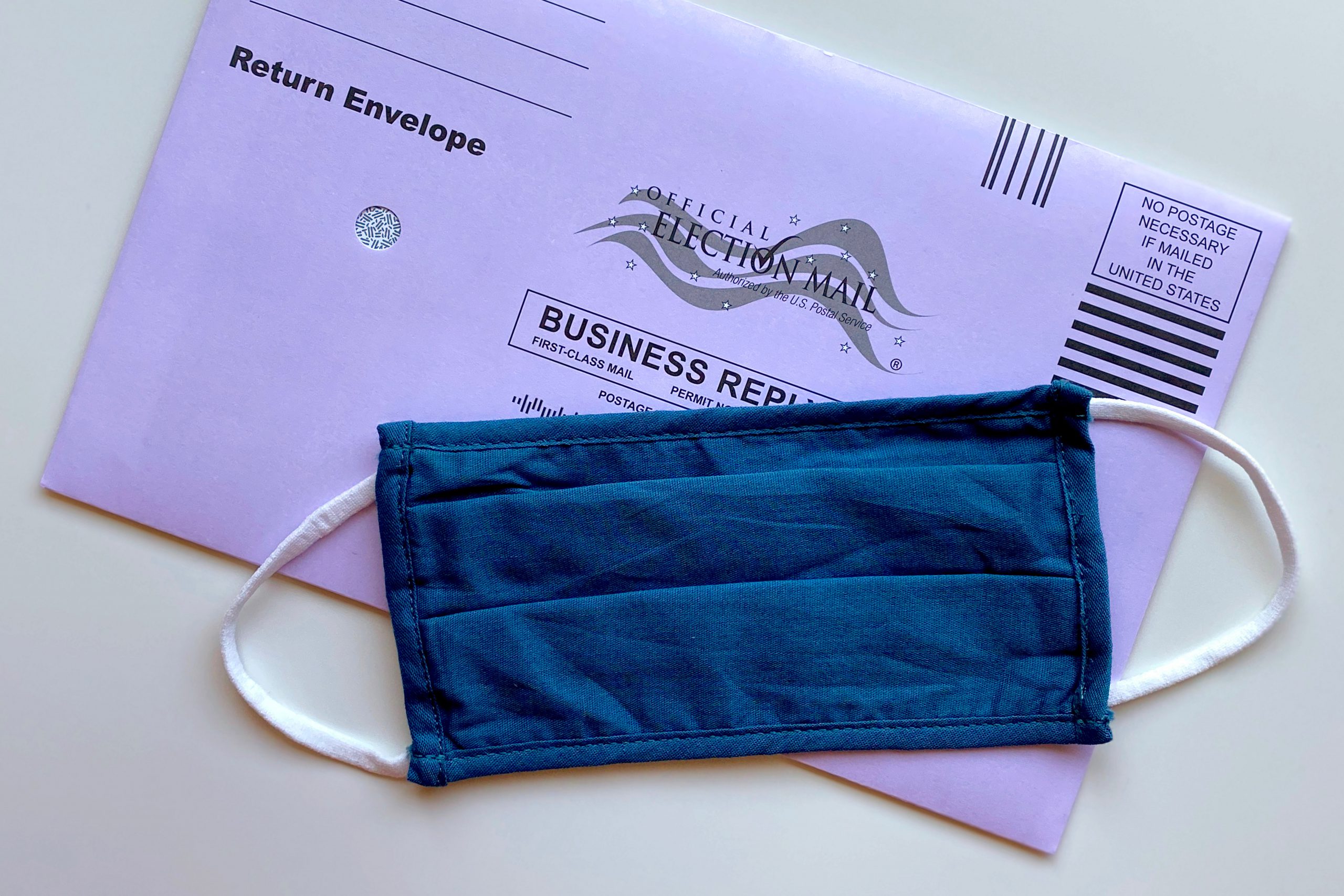Last Updated on October 27, 2020
The United States is in the midst of a presidential election at a time when healthcare is a major concern for Americans, even before the global pandemic. We have covered many of the changes to healthcare during the Trump administration as well as proposals from the candidates during the primaries, and continue to strive to empower and educate our audience on the policies that affect their healthcare costs. As such, we felt it remains important to cover the healthcare records and policy proposals of the major candidates.
Incumbent President Donald Trump ran on a platform of abolishing the Affordable Care Act (ACA; aka Obamacare), saying it would be “so easy.” He claimed in 2016 his ACA replacement would have “insurance for everybody”, “no one will lose coverage” or “be worse off financially”, and that “Everybody’s going to be taken care of much better than they’re taken care of now.” In practice, both “Trumpcare” bills (2017’s American Health Care Act and Better Care Reconciliation Act) failed to pass through Congress due to bipartisan disagreement over the destabilization they would cause for millions of Americans losing insurance and the forecasted increase in premium costs.
While Trump failed to secure legislation to repeal Obamacare, he succeeded in undermining the healthcare law through executive orders that opened the door to low-benefit insurance plans with high out-of-pocket costs and eliminated subsidies for low-income patients buying insurance in the marketplace. Other Trump executive orders to “protect pre-existing conditions” and “lower prescription drug prices” have been merely symbolic and lack any enforceable rules that could protect patients from being excluded from coverage or access to affordable medicines.
The Trump administration supports a lawsuit being brought before the Supreme Court that could eliminate the ACA and protections for people with pre-existing conditions with it. Across the country, nearly 30 million Americans could be dropped from their health insurance or charged more for the same (or worse) coverage if returned to pre-Obamacare standards — including those who have survived COVID-19. The Trump administration’s approval of work requirements for Medicaid and other assistance programs have led to fewer people being covered while not improving their ability to find or perform jobs. Trump’s policies have contributed to the first increases in the uninsured rate since the Affordable Care Act became law ten years ago .
Democrat nominee former Vice President Joe Biden has made healthcare a major issue in his campaign, especially in regards to the COVID-19 pandemic. Biden’s plan has consistently been to build on the Affordable Care Act by offering a public option similar to Medicare, increase tax credits to lower premiums for working Americans, and expand protections that have been eroded in recent years. The “Biden Plan” also features proposals for policies that encourage competition in the healthcare industry and drive down prices for patients. Despite claims from the opposing party, Biden has been vocal that he does not support Medicare For All/single-payer healthcare or abolishing private insurance.
Joe Biden has pledged to protect healthcare for women, immigrants, LGBTQIA, people of color, and individuals with disabilities in contrast to the Trump administration’s record of rolling back protections for vulnerable communities that allow them to be discriminated against in the workplace, school, healthcare, housing, and public life. Biden also points to the Trump administration’s mismanagement of the coronavirus pandemic which has led to hundreds of thousands avoidable and unnecessary deaths, while Trump himself has been independently identified as the most significant source of misinformation on public health throughout the crisis.
We at NeedyMeds prefer to remain apolitical — we work among a diverse staff with varying backgrounds and views — but we believe in making informed choices. While NeedyMeds does not endorse any candidate or party for president or any other office, it should be clear that our organization supports improved access to care and lower costs for medications and healthcare services for all who need them. We encourage all eligible Americans to vote safely on (or before) November 3.

The NeedyMeds website has databases of Patient Assistance Programs (PAPs), Diagnosis-Based Assistance (DBAs), and Free/Low-cost/Sliding-scale Clinics to help those in need. The NeedyMeds Drug Discount Card can save patients up to 80% off the cash price of prescription medications for those without insurance or choose to use the card instead of insurance. In addition to the plastic card, the card is available in a printable form or a smartphone app for Apple and Android devices. For more help finding information, call our toll-free helpline at 1-800-503-6897.





